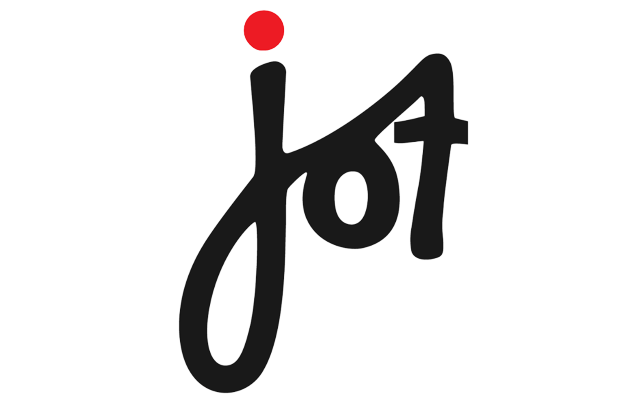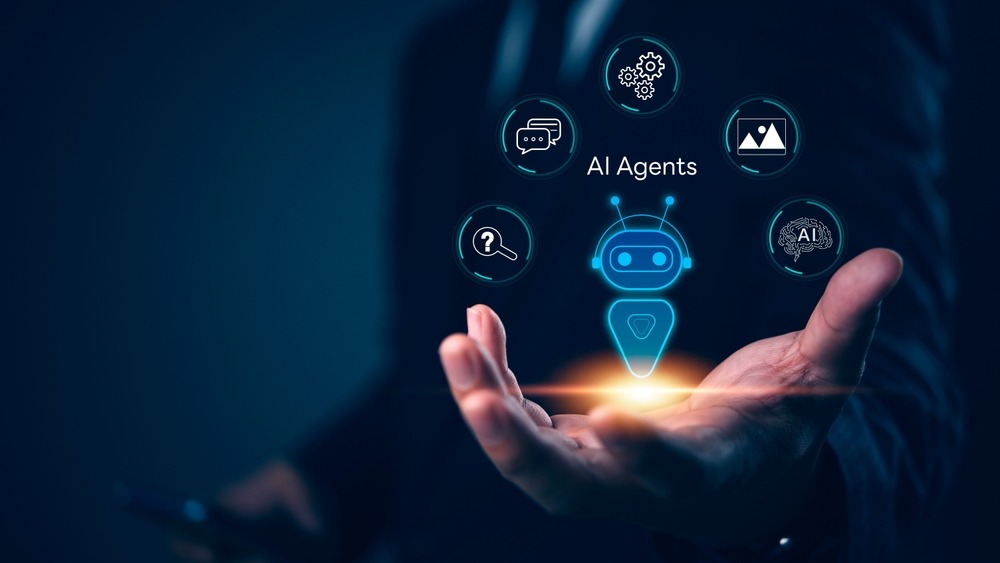The world of AI agents in 2025 is rapidly evolving, reshaping how people work, learn, and live. From voice assistants to autonomous decision-makers, AI is no longer a futuristic concept — it’s a daily companion. But what lies ahead for these intelligent systems? Let’s break down the upcoming trends, challenges, and opportunities shaping the next phase of AI agents.
What Are AI Agents (and Why They Matter More Than Ever)
AI agents are digital systems that can analyze data, make decisions, and act autonomously. Examples include chatbots like ChatGPT, virtual assistants like Siri, and business automation tools that manage emails or generate content.
In 2025 and beyond, AI agents are expected to become context-aware, proactive, and emotionally intelligent, capable of understanding human intent rather than just responding to commands.
Why This Matters:
- They can save time and reduce human error.
- Businesses can scale operations faster.
- Personalized learning, healthcare, and customer support become more efficient.
Key Trends Driving the Future of AI Agents
1. Personalized and Predictive AI
AI agents will not just respond — they’ll predict user needs. Think of assistants that book appointments, adjust your schedule automatically, or even suggest actions before you ask.
- Example: Smart productivity tools that summarize meetings, send follow-up emails, and manage tasks without human input.
- Impact: Higher efficiency and smarter decision-making in business and personal life.
2. Multi-Agent Collaboration
Future systems will feature networks of AI agents working together — for example, one handling research, another drafting reports, and a third optimizing marketing campaigns.
- Use Case: A team of AI agents managing entire marketing pipelines — from keyword research to content scheduling — with minimal supervision.
- Benefit: Businesses can achieve more with fewer resources.
3. Emotional Intelligence & Human Interaction
AI agents are learning to recognize human emotions and tone using natural language processing and sentiment analysis.
- Example: Customer support bots that sense frustration and escalate issues to human agents automatically.
- Why It’s Important: Builds better trust and engagement between users and technology.
4. Integration with the Physical World (IoT + AI)
AI agents are merging with the Internet of Things (IoT) to manage connected devices like smart homes, vehicles, and factories.
- Example: An AI agent controlling energy use in a smart home based on your mood, time, and weather.
- Impact: More sustainability and energy efficiency.
5. Ethical, Transparent & Responsible AI
As AI expands, ethical standards and government regulations will shape its future.
- Focus Areas:
- Transparency: Clear explanation of how AI decisions are made.
- Data Privacy: Strict user data protection.
- Accountability: AI actions linked to identifiable sources.
- Credible References:
How AI Agents Will Transform Key Industries
Healthcare
AI agents will assist doctors with diagnostics, analyze scans, and predict diseases early.
Example: AI detecting cancer from X-rays faster than radiologists.
Education
Personalized AI tutors will adapt lessons based on learning pace and interests.
Result: Smarter, faster, and more inclusive education.
Marketing & Business
From SEO optimization to content creation, AI agents will automate workflows and analyze performance in real-time.
Example: A marketing agent that identifies trending topics and automatically writes blog drafts — just like this one!
Finance
AI-driven portfolio managers and fraud detection systems will reduce risks and improve financial decision-making.
Challenges Ahead for AI Agents
- Bias & Fairness – Ensuring AI decisions are free from discrimination.
- Data Privacy – Securing user data against misuse.
- Dependence on Automation – Avoiding over-reliance on AI for critical tasks.
- Job Displacement Concerns – Preparing workers for an AI-driven economy.
Governments and tech companies are now investing in AI governance frameworks to ensure responsible deployment.
The Road Ahead: AI Agents Beyond 2025
By 2030, we may see AI agents acting as digital companions, fully managing day-to-day workflows, and learning continuously from experience.
Their evolution will lead to a symbiotic relationship between humans and machines, where AI amplifies human creativity rather than replacing it.
In short:
The future isn’t about AI replacing humans — it’s about humans empowered by AI.
FAQs: What’s Next for AI Agents in 2025 & Beyond
1. What are AI agents?
AI agents are intelligent software systems that perform tasks, make decisions, and learn from data autonomously.
2. How will AI agents change daily life by 2025?
They’ll make everyday tasks easier by predicting needs, automating routines, and integrating with smart devices.
3. Will AI agents replace human jobs?
Not entirely. They’ll automate repetitive tasks while creating new roles in AI management and oversight.
4. Are AI agents safe to use?
Yes, when built under ethical and transparent standards with secure data practices.
5. What industries will benefit most from AI agents?
Healthcare, education, marketing, and finance are expected to gain the most value.
6. How can businesses prepare for AI-driven change?
Invest in AI tools, train teams, and focus on data literacy to stay ahead of the competition.
7. What’s the biggest challenge in AI adoption?
Maintaining ethical standards and user trust while balancing innovation and regulation.




